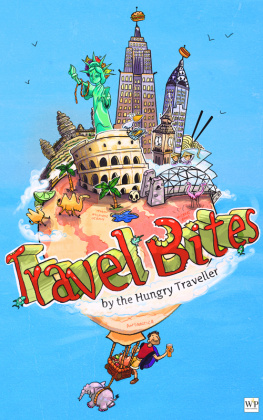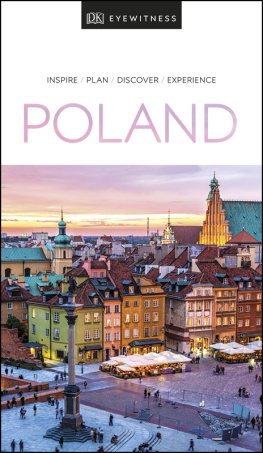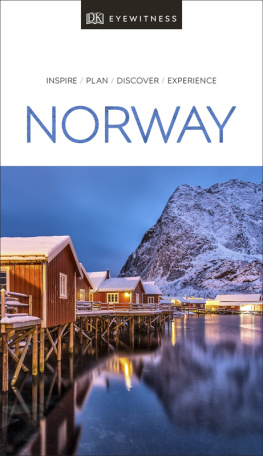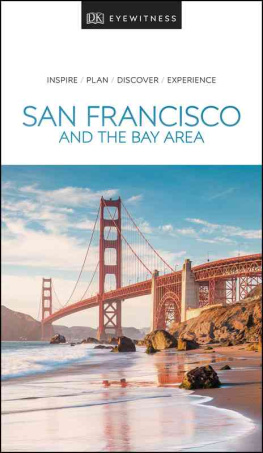PRAISE FOR THE ESCAPE INDUSTRY
Today its so simple and inexpensive to travel, or to see the world virtually from the comfort of your armchair, that its easy to forget that not so long ago travelling afar was the purview of the most adventurous and the elite. From the Ritz to Pan Am, Mark Tungates brilliant book takes the reader on a grand tour of the history of the brands and experiences that have shaped the travel landscape we now take for granted. Claire Bridges, Founder, Now Go Create, and author, In Your Creative Element
Yesterdays world of travel palatial hotels, elegant air transportation and class-act cruising set standards of service and etiquette that have surprisingly survived to this day. But now guests and passengers require impeccable service and facilities in an atmosphere of no-tie freedom. Mark Tungate takes us on a fascinating journey through this evolution, via interviews with the proud heirs of the golden age of travel. Jean-Pierre Soutric, Senior Vice President Sales and Marketing, Oetker Collection
The Escape Industry shows why 21st-century nomads want to experience local culture after being globalized by brands for the past 50 years. Florian Wupperfeld, Founder, Leading Culture Destinations
The Escape Industry
How iconic and innovative brands built the travel business
Mark Tungate

Publishers note
Every possible effort has been made to ensure that the information contained in this book is accurate at the time of going to press, and the publisher and author cannot accept responsibility for any errors or omissions, however caused. No responsibility for loss or damage occasioned to any person acting, or refraining from action, as a result of the material in this publication can be accepted by the editor, the publisher or the author.
First published in Great Britain and the United States in 2018 by Kogan Page Limited
Apart from any fair dealing for the purposes of research or private study, or criticism or review, as permitted under the Copyright, Designs and Patents Act 1988, this publication may only be reproduced, stored or transmitted, in any form or by any means, with the prior permission in writing of the publishers, or in the case of reprographic reproduction in accordance with the terms and licences issued by the CLA. Enquiries concerning reproduction outside these terms should be sent to the publishers at the undermentioned addresses:
2nd Floor, 45 Gee Street
London EC1V 3RS
United Kingdom
www.koganpage.com
c/o Martin P Hill Consulting
122 W 27th St, 10th Floor
New York, NY 10001
USA
4737/23 Ansari Road
Daryaganj
New Delhi 110002
India
Mark Tungate, 2018
The right of Mark Tungate to be identified as the author of this work has been asserted by him in accordance with the Copyright, Designs and Patents Act 1988.
ISBN 978 0 7494 7350 1
E-ISBN 978 0 7494 7351 8
Typeset by Integra Software Services, Pondicherry
Print production managed by Jellyfish
Printed and bound by CPI Group (UK) Ltd, Croydon, CR0 4YY
For my father, who charted the way.
CONTENTS
Mark Tungate is a British journalist based in Paris. He is the author of several books about branding and marketing, including Fashion Brands: Branding style from Armani to Zara and Adland: A global history of advertising. His articles have appeared in publications ranging from Campaign and Advertising Age to the Financial Times and The Daily Telegraph. He is a regular contributor to the ad industry intelligence site AdForum.
Alongside his writing, Mark is editorial director of the Epica Awards, an annual competition in which journalists who are specialists in their field celebrate excellence in design, advertising, PR and branded content.
Mark has lectured on advertising and branding at universities and conferences around the world.
This trip began in a restaurant. Over lunch I told my wife Graldine that I was thinking of writing a book about travel brands. I want to call it The Escape Industry, I told her. I could see from her expression that she liked the idea. And youre just the man for the job, she said. So my first thank you goes, of course, to Graldine, for the inspiration and encouragement she constantly provides.
Thanks also to all those who agreed to be interviewed for these pages. Their names appear in the text but there were many others who made connections behind the scenes: Amanda Benfell, Michael Chefles, Brittany Cornejo, Natania Jansz, Anna Moss, Romina Tina Fontana, Brigitte Hogarth, Heloise Hooton, David Kijlstra, Kelly Lee, Ulrich Proeschel, Amanda Smith, Ian Wagasky. If I have forgotten anyone, please call me and I will apologize in person.
The book took so long to write that it actually went through two commissioning editors, so thanks are due to Jasmin Naim and especially Jenny Volich, who provided focus amid many distractions.
Finally, a big thank you to Helen Kogan and her team at Kogan Page, my loyal publisher.
The idea of travel.
Imagine youre strolling down Broadway, New York, some time in the early 1920s. You hear a faint buzzing sound, merely irritating at first, like an angry gnat. But the sound grows louder. And louder, accompanied by the tortured whine of overwrought machinery.
Along with everyone else, you turn towards the noise. You look up, holding onto your hat as a gale screams between the skyscrapers. But the racket is in fact a small aircraft, flying so low that it looks set to crash onto the street. The entire crowd ducks as the spindly wooden plane skims overhead and roars down Broadway, trailing or so it seems a banner of demonic laughter.
The guy in the cockpit is Juan Trippe, the owner of an air taxi service out of Long Island and the future founder of Pan Am. The stunt is being filmed by a friend of his for a silent movie. Hell receive a police summons for his barnstorming act, but it wont be the last time he goes out of his way to get noticed.
Inevitably, when you write about iconic brands, you end up writing about the people behind them. And the people who built the travel business were colourful characters, almost without exception. Travel is said to broaden the horizons, but people like Juan Trippe came with the bigger picture built in. Their ambition was to share it with us.
Ive often stated that Ill only write books I want to read. So if youre looking for a conventional business tome with tables and charts and appendices you may as well close this book right now. Certainly, its aim is to explore the history and strategies of travel brands. But more than anything, it is a collection of inspiring business stories.
Talking of business, its fair to say that business and leisure travel have evolved in different ways. As the books title suggests, I tend to concentrate on the consumer side of travel tourism, in other words although the two worlds often overlap.
During the research process, I bumped into many unexpected facts, some of which jarred my perception of the travel industry. But thats the beauty of a project like this. I started out as a reporter, and in many ways Ive remained one. I hope it doesnt sound too pompous if I suggest that my job is to discover things. Writing a book is a journey, too.

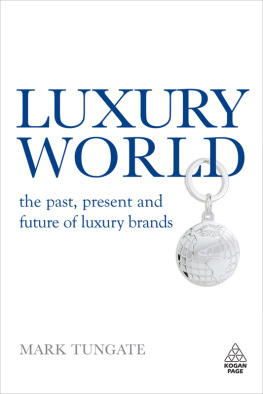
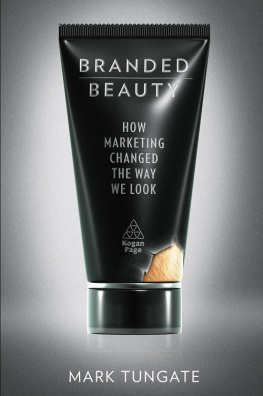

![Dzhon Makdonald - Travel Light and Travel Far [story]](/uploads/posts/book/921418/thumbs/dzhon-makdonald-travel-light-and-travel-far.jpg)
